BETWEEN the dramatic media rights u-turn of the United Irish Racecourses and a raft of Royal Ascot chat, it felt as though news of Ireland’s beefed-up penalties for interference and whip-rule breaches fell slightly under the radar last week.
The Irish Horseracing Regulatory Board has come under fire on several occasions over the last number of years - and for good reason in instances where the ball has been dropped by Irish racing’s regulators. It has to go down as a broadly welcome move, though, for the regulator to deliver change in the area of interference, for all that a fresh look at those structures was overdue.
World-class racing demands no less than top-standard officiating, and recent examples indicate that we are still liable to dropping a clanger every so often.
For anyone who missed last week’s announcement, there has been no change to what actually constitutes interference or breaking Ireland’s whip rules. Instead, the adjustment involves harsher penalties in these areas, with a clear structure put in place for what sanctions jockeys can expect when breaking the rules from July 3rd onwards.
After a bedding-in period, which will run for a year, a rider’s first careless riding offence will warrant a two-day suspension, with a second breach meaning no less than four days, a third resulting in a minimum of eight days and a fourth tallying at 12 days or more out of action.
Any rider who is guilty of riding carelessly five times in a nine-month rolling period will be handed a minimum 20-day ban. Starting penalties are higher for improper and dangerous riding, while whip bans also operate in a rising structure based on the rider’s previous record in the nine-month run.
Rider feedback
Having spoken to a number of riders on the topic of tougher interference rules in the past week, the majority described the move as largely welcome, albeit the potential for increased suspensions isn’t appealing on an individual basis. Additionally, some felt that delivering harsher penalties for whip-related breaches is a line that must be treaded carefully when observing the shambolic situation that has played out in Britain of late.
It was only last week that British-based Athlone native Kielan Woods was given a 42-day suspension (nine of which are suspended for six months) for his fifth misuse of the whip in six months, while other whip infringements revealed in the same week saw Paula Muir get hit with a 35-day ban (nine suspended), Marco Ghiani handed 25 days (eight suspended) and Jonjo O’Neill Jr banned for 21 days (seven suspended).
Nobody wants to see scenes of that nature in Ireland, though the whip rules are not fundamentally changing here (as has been the case in Britain).
Association input
Irish Jockeys Association secretary Andrew Coonan assured The Irish Field that the IHRB changes would have been more severe had the riders’ representative body not engaged in discussions with the regulator, and it is encouraging that Irish jockeys did have dialogue on the topic. A lack of meaningful communication between riders and the authorities in Britain appears to be an important factor in the lamentable situation playing out across the water at present.
However, the manner in which stewards police interference is vital here - regardless of what the penalties are. Consistency is essential in terms of racing’s referees paying attention to interference at all stages of the race rather than simply at the business end of the race, as has been felt on occasions by riders.
Separately, the lack of raceday action in the stewards’ room at Killarney last month when Saldier impeded Vina Ardanza was particularly bizarre and extremely unsatisfactory. It shouldn’t have required an appeal from the unlucky runner-up’s connections to solve the matter and have the places reversed. This was a genuinely straightforward case.
It’s also understood that an appeal against a recent interference suspension was successful when a lack of clear video evidence proved a factor in the decision. While we don’t hear about instances like this too often, a lack of definitive camera angles shouldn’t be an inhibitor to making judgements in 2023.
It must be said that some riders have pointed to the appointment of Liam Walsh as senior stipendiary steward being a step in the right direction for the IHRB in terms of strengthening communication between the weighing room and stewards’ room. When jockeys have a full understanding of what is acceptable - and the punishments that will follow if stepping out of line - surely riding standards will only be driven higher.
Winter worry
One area of the new penalties that comes with some concern, though, is when a flat rider picks up a significant penalty around the time of Dundalk’s winter all-weather programme.
When there are only a limited number of racedays for jockeys during this period - sometimes just one meeting a week - they could easily find themselves out of action for a considerable period despite the infringement being relatively minor in isolation.
For example, a rider who misses eight or 16 racedays for their third or fourth time going one over the whip strike limit (in a nine-month period) could be set for a significant spell on the sidelines if that final infringement comes in winter. In late January, we saw trainer John McConnell lament the impact of a nine-day whip ban for apprentice Siobhan Rutledge, meaning she did not ride from February 1st to March 25th by virtue of the sparce fixture list at the time.
Surely the timing of the rolling period could be revised for the winter action, to avoid riders potentially missing out on earning a living for weeks and months at that time of year. Given it’s a nine-month spell that starts on July 3rd where a rider’s previous record will be taken into account, there’s every chance jockeys could have accummulated multiple days heading into the winter.
Overall, simply having stronger punishments does not guarantee less interference but it can provide a deterrent for riders breaking the rules. On the face of it, what the IHRB has delivered looks a solid starting point for improving what were outdated structures.
THE unbeaten River Tiber shot to the head of next year’s 2000 Guineas market with a thoroughly likeable performance to win in Tuesday’s Coventry Stakes but his classic credentials should be treated with a little caution for the time being at as short as 6/1.
As a strapping, scopey son of Wootton Bassett, he perhaps isn’t your typical Royal Ascot-winning juvenile but the record of two-year-old colts winning at this meeting before turning into British classic heroes the following season has been moderate in recent times.
You have to go back to Dawn Approach 10 years ago to find a Coventry Stakes winner who landed the next season’s 2000 Guineas, with Churchill (Chesham Stakes) the most recent juvenile to do the Royal Ascot-Newmarket double in 2016 and 2017.
In fact, in the last 20 years, only six winners of the opening classic of the season had even made their debut by the time the previous year’s Royal Meeting had got underway.
Alternatively, Royal Ascot has been well able to throw up clues for the 1000 Guineas lately. Each of the last three winners of the fillies’ classic had run in the previous year’s Albany Stakes: Mawj (second in 2022), Cachet (fifth in 2021) and Mother Earth (third in 2020). It could be worth paying close attention to this year’s Albany result.
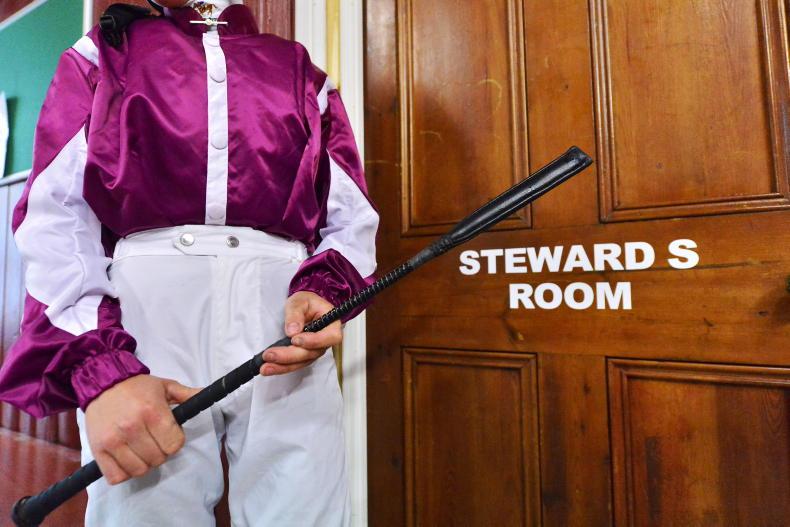

 This is a subscriber-only article
This is a subscriber-only article
 It looks like you're browsing in private mode
It looks like you're browsing in private mode




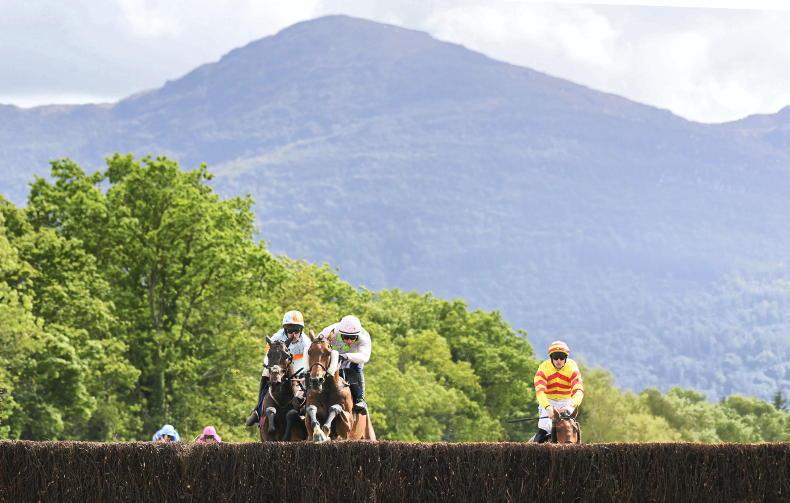
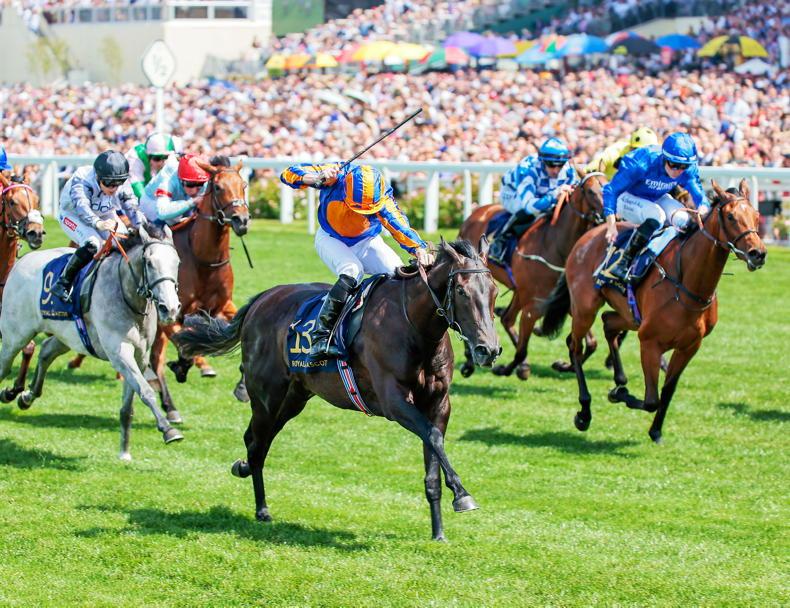

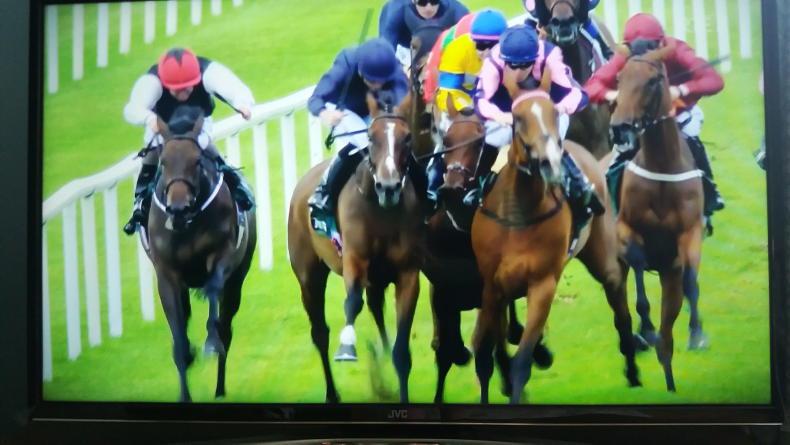
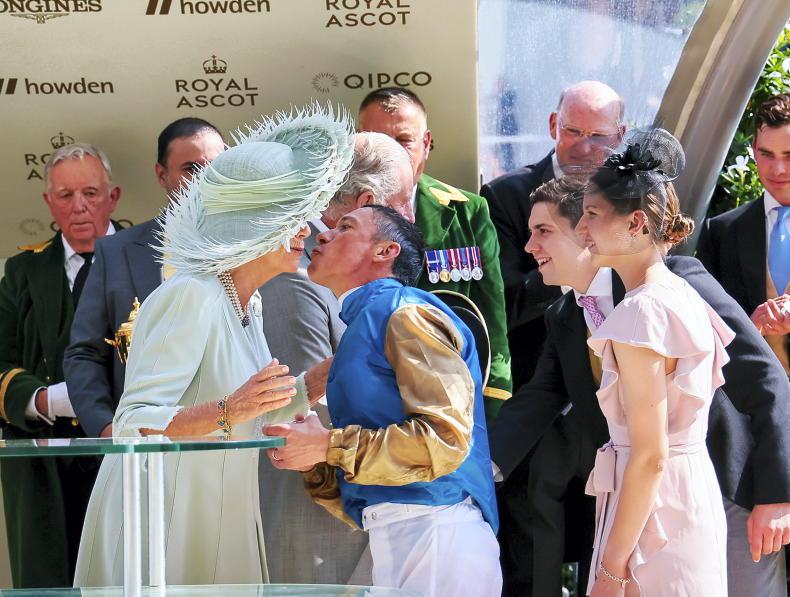


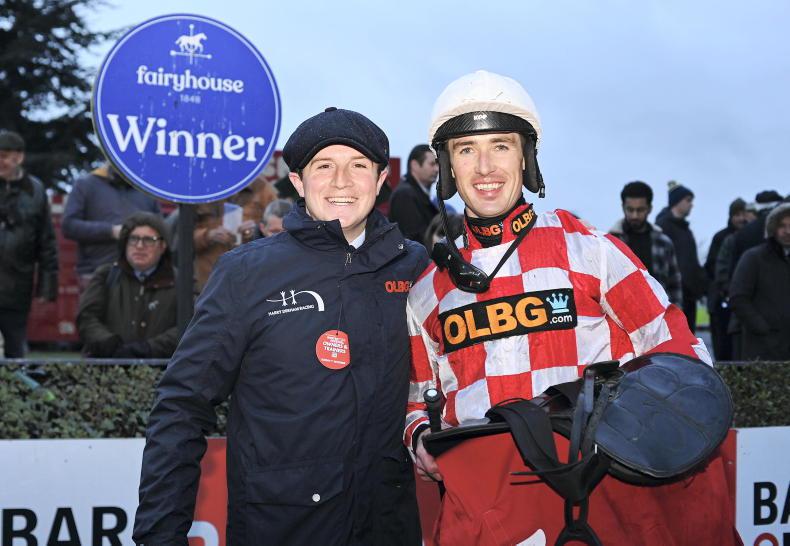
SHARING OPTIONS: